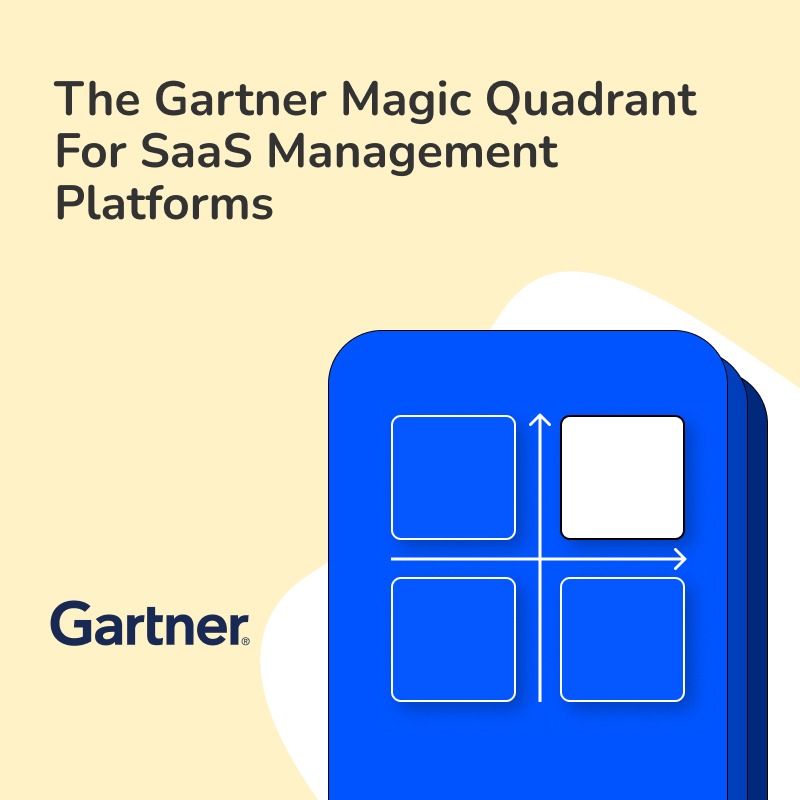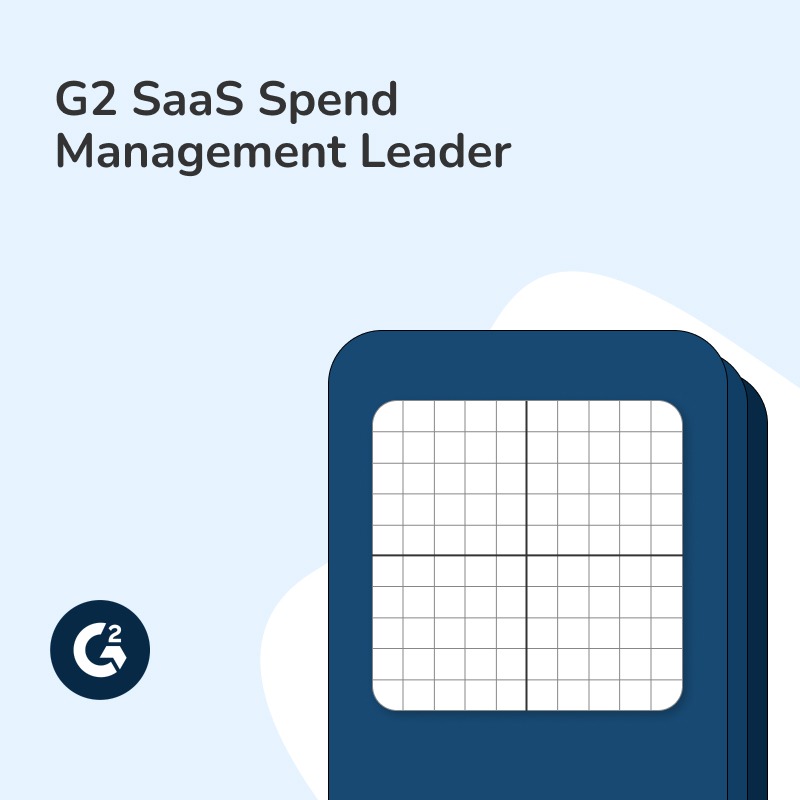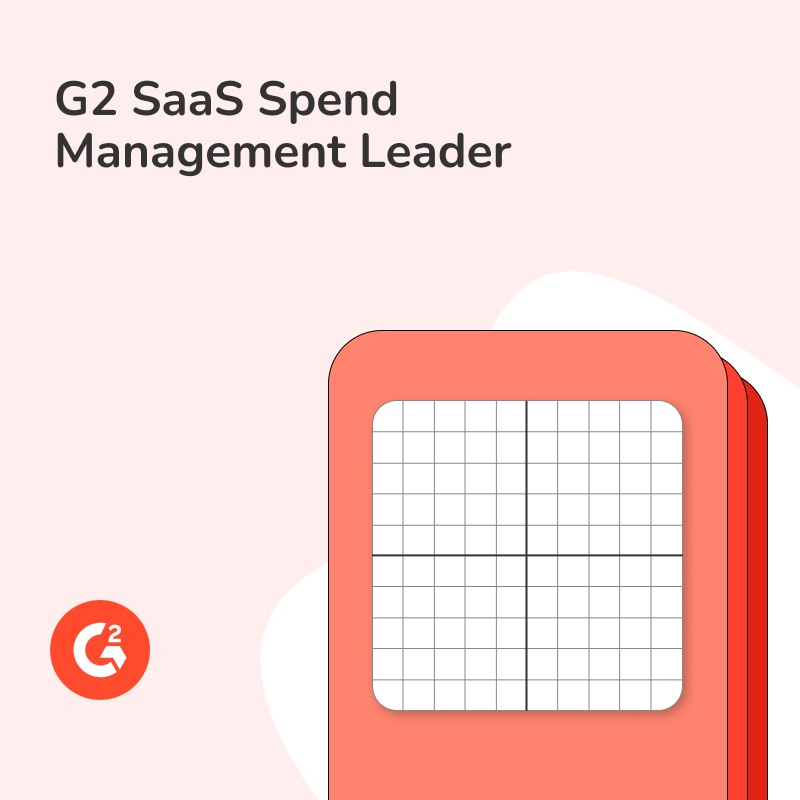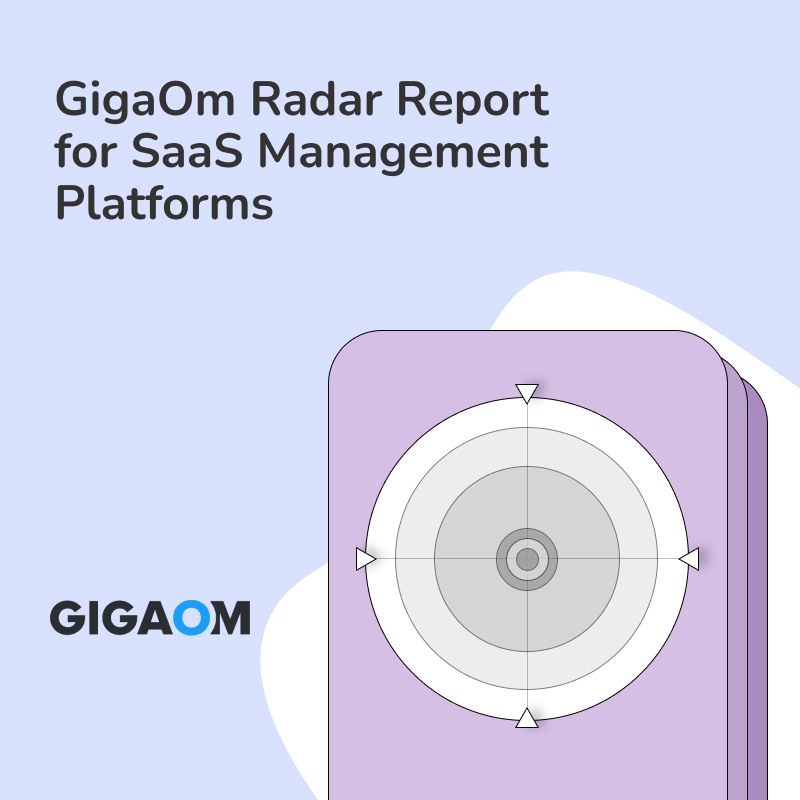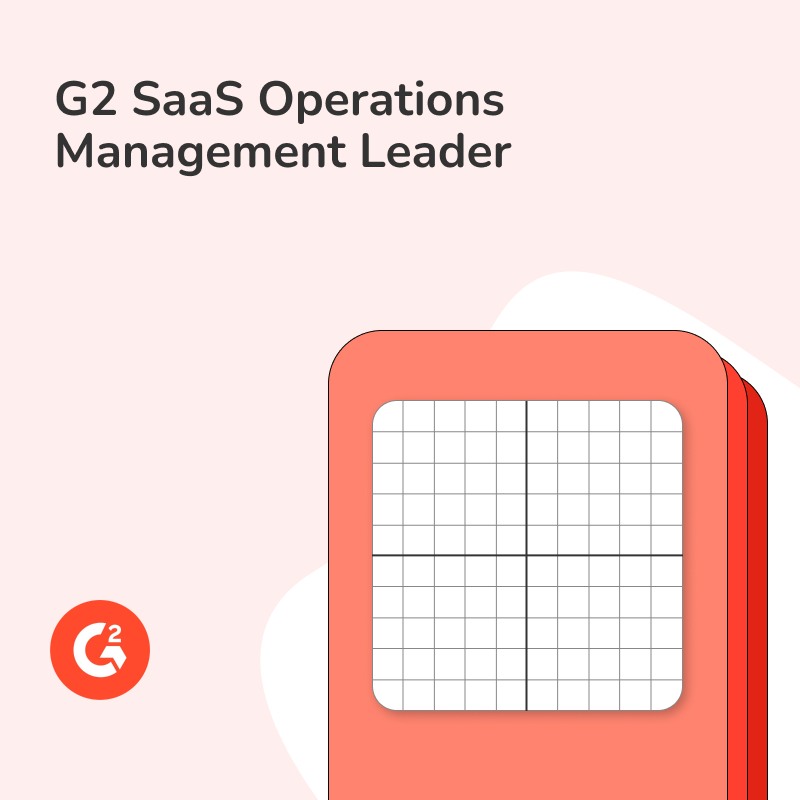A Software-as-a-Service (SaaS) contract is a comprehensive agreement that outlines the terms and conditions under which a cloud-based service is provided to the client. This SaaS agreement typically contains specifications for SaaS contract compliance, intellectual property rights, data security and privacy, service level agreements, and more. It also often functions as a SaaS contract template that can be adapted for various business environments.
Note: Empower your team with Torii’s robust SaaS contract management platform. Eliminate non-compliance risks, automate obligations, and gain complete visibility with our comprehensive dashboard. Learn more about Torii’s SaaS Management Platform.
What happens when differences or complexities within the SaaS agreement need to be addressed?
SaaS Contract Negotiation: That’s where SaaS contract negotiation comes into play. This is a critical phase where terms like the SaaS pricing model, termination and renewal conditions, indemnification provisions, and SaaS contract limitations are discussed and finalized. The goal is to ensure that both parties clearly understand their SaaS contract obligations, leading to less potential for a SaaS contract dispute resolution down the line.
Contract Governance: Complementing the negotiation is necessary for SaaS contract governance, which involves setting guidelines for the ongoing performance and management of the Software-as-a-Service agreement. This includes provisions for a SaaS contract audit to monitor contract adherence and ensure optimal operational efficiency.
Operational Roadmap: The SaaS contract isn’t just a subscription agreement. It’s an operational roadmap ensuring that the SaaS services align with the client’s business strategy and needs while upholding data security, maintaining service levels, and preserving intellectual property rights.
Understanding the intricacies of the SaaS agreement is crucial for any IT Manager or Director to leverage the benefits of cloud-based services and facilitate smooth SaaS contract compliance.
Examples of SaaS Contracts
Salesforce SaaS
In cloud-based service contracts, the Salesforce SaaS agreement presents an outstanding example. The software-as-a-service contract illustrates meticulous subscription agreement provisions intertwined with a user-friendly SaaS pricing model.
Through a detailed service level agreement, Salesforce ensures system availability round the clock and customer support and maintenance, which translates into higher customer satisfaction.
DocuSign’s SaaS Contract
In the universe of data security and privacy, managing essential customer data is at the heart of DocuSign’s SaaS contract. The agreement allocates responsibility as per US and EU data protection laws, ensuring robust data security and privacy measures.
Complementary to this, DocuSign’s SaaS contract terms include detailed intellectual property rights provisions, protecting both the provider and the customer. Their termination and renewal clauses are crafted coherently, ensuring a seamless experience for the user during the entire product lifecycle.
Torii SaaS Management Platform
The Torii SaaS management platform, a robust system for SaaS contract management, increases overall productivity. It has powerful SaaS contract compliance tools that eliminate non-compliance risk, aiding IT managers in their day-to-day activities.
Torii helps automate SaaS contract obligations and supports SaaS contract governance, proving a powerful tool in the SaaS contract audit process. With automated workflows and a thorough dashboard, Torii provides an efficient means of SaaS contract negotiation and dispute resolution and points out any SaaS contract limitations.
This framework simplifies the end-to-end management of the SaaS lifecycle while highlighting cost savings opportunities.
In all, SaaS contracts are becoming increasingly complex. Still, through examples like Salesforce, DocuSign, and Torii, it’s clear that businesses are finding innovative and user-centric ways to handle SaaS agreement intricacies ranging from pricing models to data security and privacy norms.
Best Practices for SaaS Contract
A robust Software-as-a-Service (SaaS) contract is paramount for effectively operating any IT-related enterprise. Existing as a cloud-based service contract, it defines the relationship between you and your SaaS vendor. It determines handling aspects such as pricing models, data security, and privacy concerns.
Draft SaaS Agreement
Foremost, a SaaS agreement starts with a precise, adaptable SaaS contract template. This template ensures that all necessary elements, such as SaaS contract terms, intellectual property rights, and data security and privacy provisions, are adequately addressed, fostering a well-rounded agreement. All aspects should be transparent and understandable to all parties involved.
Create Concrete SaaS Contract Terms
Arriving at concrete SaaS contract terms necessitates meticulous SaaS contract negotiation. This discussion shapes service-level agreements, subscription agreements, and SaaS pricing models. To foster a healthy business relationship, both parties must be attuned to each other’s objectives.
Strengthen Data Security and Privacy
Data security and privacy, being contentious aspects today, have to be explicitly addressed in the contract. Enlisting the right to inspect the provider’s data protection measures is also prudent. Transparency regarding data storage, control, and ownership builds trust and minimizes potential disputes.
Add Intellectual Property Right Clauses
Intellectual property rights always pose a challenge in SaaS agreements. Hence, drafting these clauses carefully ensures all software-related rights, including derivative works, are safeguarded.
Discuss Termination and Renewal Clauses
Another area to look into is the termination and renewal clauses. They clearly state the conditions under which the contract can be terminated or renewed, giving both parties predictable expectations.
Enhance Governance Framework
A governance framework can be beneficial to ensure SaaS contract compliance. Utilize tools like Torii SaaS Management Platform to discover Shadow IT, automate SaaS operations, and provide visibility over SaaS expenditures.
Outline Indemnification Provisions
Indemnification provisions must be outlined to protect your business from certain liabilities while outlining SaaS contract obligations, which will stipulate each party’s duties and responsibilities.
Regularly Undergo SaaS Contract Audit
Overlooking a SaaS contract audit in your SaaS agreement may lead to non-compliance issues. Regular audits ensure systematic documentation and reassess the efficiency of the SaaS system, ensuring continued adherence to the terms of the contract.
Create Detailed Dispute Resolution and Limitation Procedures
Lastly, include in your SaaS contract dispute resolution and limitation procedures. This preemptive approach will protect your business from any potential legal trouble, cementing the longevity of your SaaS arrangement.
In conclusion, crafting a comprehensive SaaS contract needs wide-ranging cognizance of your business requirements, regulatory landscape, and strategic foresight. Leveraging management tools like Torii can further optimize this process, rendering the complete contract lifecycle smooth, efficient, and manageable.
Related Tools for SaaS Contract
- Torii: SaaS Management Platform that helps monitor and optimize SaaS contracts
- G2 Track: SaaS management software for tracking and managing contracts, spending, and usage
- Blissfully: SaaS management tool for monitoring and managing SaaS contracts and licenses
- Zylo: SaaS management platform that provides insights into SaaS contracts and spend
- Zluri: SaaS management software that helps track and manage SaaS contracts and licenses
- Bettercloud: SaaS management platform for monitoring and managing SaaS contracts and data security
- Vendr: SaaS procurement platform for managing SaaS contracts and vendor relationships
- Productiv: SaaS management platform that offers insights into SaaS contract usage and spending.
Related Concepts in SaaS Contract
- SaaS contract template: A pre-designed document that outlines the terms and conditions for using a Software-as-a-Service (SaaS) application.
- SaaS agreement: A legal contract that specifies the terms and conditions governing the use of a SaaS application.
- Cloud-based service contract: An agreement between a customer and a service provider that defines the terms of using a cloud-based service.
- Software-as-a-Service agreement: A legal contract that outlines the terms and conditions for using software delivered over the internet as a service.
- SaaS contract terms: The specific provisions and conditions included in a SaaS contract, such as pricing, licensing, support services, and data usage.
- SaaS contract negotiation: The process of discussing, reviewing, and revising the terms in a SaaS contract to reach a satisfactory agreement between the customer and the vendor.
- Subscription agreement: A contract that defines the terms and conditions for subscribing to a service, usually related to SaaS applications.
- SaaS pricing model: The structure and details of how a SaaS service is priced, such as recurring monthly fees, usage-based pricing, or tiered pricing options.
- Service level agreement: A contract that outlines the agreed-upon levels of service, performance, and support that a SaaS vendor will provide to the customer.
- Data security and privacy: The measures and policies in place to protect customer data and ensure its confidentiality, integrity, and availability within a SaaS application.
- Intellectual property rights: The legal protections granted to the creator or owner of intellectual property, such as copyrights, trademarks, or patents, in relation to a SaaS application.
- Termination and renewal: The provisions and conditions that govern the termination and renewal of a SaaS contract, including notice periods, penalties, or automatic renewal clauses.
- SaaS contract compliance: The adherence to legal, industry, and regulatory requirements stated in a SaaS contract, such as data protection laws or industry-specific regulations.
- Indemnification provisions: The clauses in a SaaS contract outline each party’s responsibilities and liabilities in case of legal claims or damages caused by the service.
- SaaS contract obligations: The specific duties and responsibilities of the customer and the SaaS vendor, as defined in the contract, related to service delivery, maintenance, and support.
- SaaS contract governance: The process and mechanisms through which the SaaS contract is managed and enforced by both the customer and the vendor, including change control procedures, dispute resolution, and compliance monitoring.
- SaaS contract audit: An examination and review of a SaaS contract to ensure compliance with agreed-upon terms and conditions, typically conducted by the customer or a third-party auditor.
- SaaS contract dispute resolution: The procedures and mechanisms for resolving disagreements or conflicts between the customer and the SaaS vendor regarding the terms or performance of the contract.
- SaaS contract limitations: The specific restrictions or boundaries defined in the contract relating to the customer’s usage of the SaaS application, such as data storage limits, user limitations, or geographical constraints.
FAQs: SaaS Contract
Q: What is a SaaS Contract?
A: A SaaS Contract, or Software as a Service Contract, is a legally binding agreement between a SaaS provider and a customer that outlines the terms and conditions of using the software service.
Q: What is included in a SaaS Contract?
A: A SaaS Contract typically includes details about the software service, payment terms, usage rights, data security, support and maintenance, termination, and other relevant terms and conditions.
Q: What are the critical components of a SaaS Contract?
A: The critical components of a SaaS Contract are the scope of the software service, service level commitments, pricing and payment terms, data ownership and security provisions, intellectual property, warranties, and limitations of liability.
Q: How long does a SaaS Contract typically last?
A: The duration of a SaaS Contract varies. It can range from monthly or annual subscriptions to multi-year agreements, depending on the specific agreement between the SaaS provider and the customer.
Q: What are the vital data security provisions in a SaaS Contract?
A: Data security provisions in a SaaS Contract may include clauses on data encryption, access controls, backups, disaster recovery, data privacy compliance, breach notification procedures, and confidentiality obligations.
Q: How can a SaaS Contract be terminated?
A: A SaaS Contract can be terminated based on various factors, such as violation of terms, non-payment, or expiration of the agreed-upon term. The specific termination provisions are outlined in the contract.
Q: What are service level agreements (SLAs)?
A: Service level agreements (SLAs) in a SaaS Contract define the performance expectations and commitments of the SaaS provider regarding uptime, response times, and other metrics related to the software service.
Q: Can a SaaS Contract be customized to meet specific requirements?
A: Yes, a SaaS Contract can be customized to meet specific requirements by including addendums, amendments, or additional terms negotiated between the SaaS provider and the customer.
Q: What happens if a SaaS Contract is breached?
A: If a SaaS Contract is breached, it may lead to legal consequences, such as termination of the agreement, financial penalties, or potential lawsuits, depending on the severity and impact of the breach.
Q: Should legal advice be sought before signing a SaaS Contract?
A: It is generally recommended to seek legal advice before signing a SaaS Contract to ensure that all terms are understood, negotiated, and aligned with the customer’s requirements and legal obligations.

